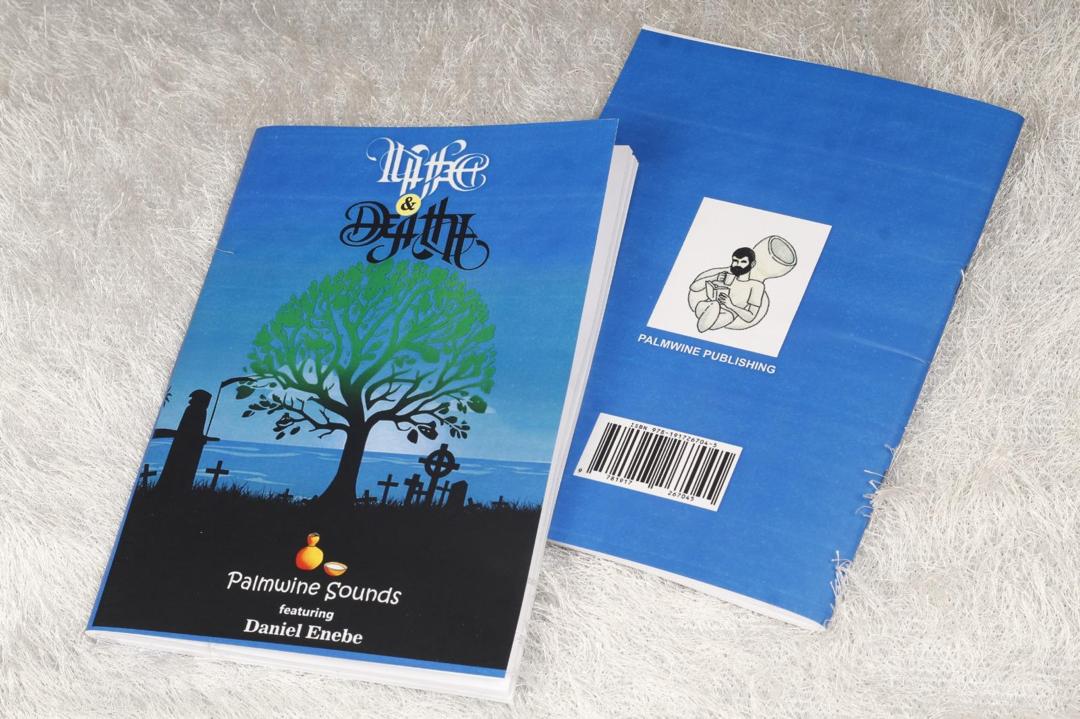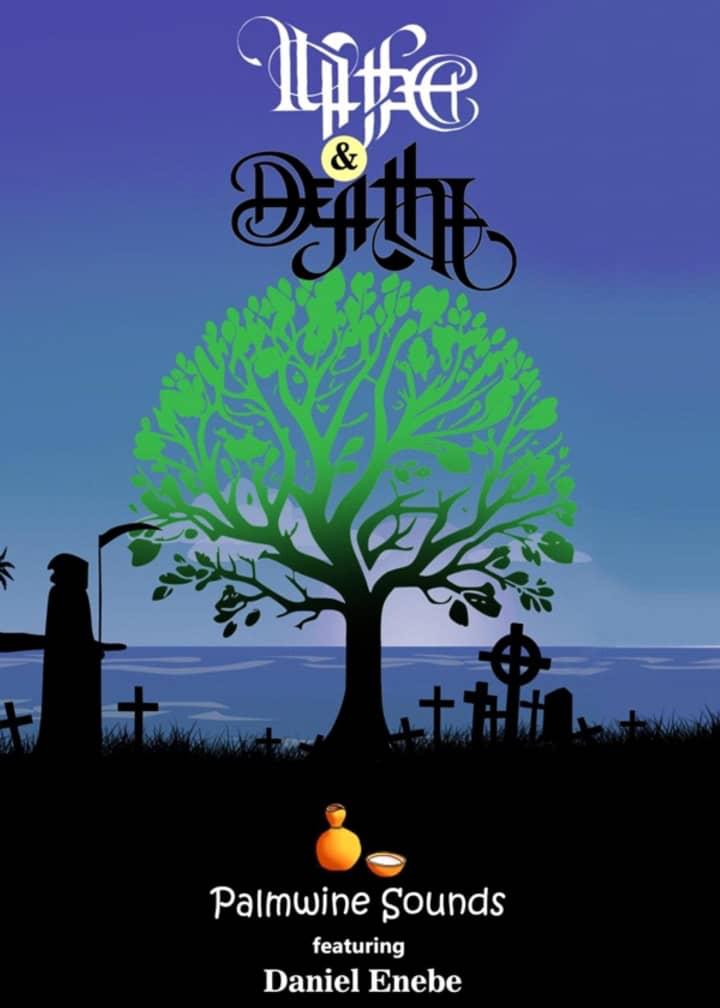Life and Death—Palmwine’s Love, Sadness, Happiness, Hate, Experience, Laughter: From Nigeria to the World
Palmwine Sounds’ Life and Death is a profound poetic journey that transcends geographical borders, examining the highs and lows of human existence through an intricate blend of love, pain, joy, and spirituality. Rooted in Nigeria but resonating globally, the book explores the complexities of life’s fleeting moments, along with the inevitability of death, offering universal […]

life and death—palmwine (2)
Palmwine Sounds’ Life and Death is a profound poetic journey that transcends geographical borders, examining the highs and lows of human existence through an intricate blend of love, pain, joy, and spirituality. Rooted in Nigeria but resonating globally, the book explores the complexities of life’s fleeting moments, along with the inevitability of death, offering universal lessons that connect readers on a deeply emotional level.
This collection touches on love as the ultimate unifier, portraying it as a force that billows past cultural and religious boundaries. In poems like “Love” and “G.O.D.,” Palmwine Sounds emphasizes the unshakable power of affection and spirituality, celebrating love as the only “religion” that holds the potential to bridge humanity’s differences. The poet’s perspective on love stretches beyond romance, hinting at a divine, almost cosmic connection that unites everyone.
However, the poems do not shy away from exploring the darker sides of life. Violence and oppression feature heavily in pieces like “Downpressor Man” and “Violence.” Here, the poet exposes the suffering inflicted by systems of power and control, weaving a narrative of pain felt by the marginalized. The strong political undertones of these poems remind readers of the harsh realities that persist in a world where colonial mentalities, racial segregation, and government oppression continue to thrive.

The book also draws attention to themes of time and impermanence, reminding readers of life’s transitory nature. Poems such as “Time” and “Death” poetically convey the bittersweet truth that while life is fleeting and full of suffering, death brings peace and release. The lines in “Death” that read, “Sapa no longer knocking / Problems have finally ended / Proudly becoming an ancestor,” illustrate death as a comforting conclusion rather than something to be feared. In contrast, life, in its vibrant complexity, is portrayed as both a blessing and a burden.
Happiness, though fleeting, shines through in works like “Happiness is Free,” where the poet recalls simple joys from childhood. Through vivid imagery, the poem reflects on the small pleasures that bring immense happiness to those who have little material wealth. Whether it’s the joy of receiving second-hand clothes or the delight of having power restored after days of darkness, Palmwine Sounds shows that happiness is often found in life’s most unassuming moments.
‘Life and Death’ also explores the universal struggle for survival in a world dominated by materialism and capitalism. Poems like “The Money Song” and “Man Must Chop” illustrate the relentless pursuit of wealth and the grind of daily existence. These poems take readers through the exhausting cycle of work, bills, and sacrifices, highlighting how the quest for financial stability often overshadows the more meaningful aspects of life.
Cultural identity also plays a crucial role in this collection. The poem “Lagos” captures the chaotic energy of Nigeria’s bustling metropolis, symbolizing the constant hustle that defines life in the city. The poet’s descriptions of early morning commutes, the blending of legal and illegal economies, and the rich tapestry of everyday life in Lagos paint a vivid picture of urban survival. Similarly, poems like “Farmers” and “Nomads” celebrate Nigeria’s deep connection to its land and people, portraying the farmers, traders, and nomads as the lifeblood of the country.
One of the most powerful themes running through ‘Life and Death’ is that of resilience and endurance. Poems like “Patience” and “Problems” illustrate the stoic endurance required to navigate life’s challenges. In “Problems,” Palmwine Sounds writes, “Wahala be like rice / Rich man, Poor man / All must collect,” portraying problems as an inevitable part of life that affects everyone, regardless of status. Yet, despite these challenges, the poet champions patience, reminding readers that time heals all wounds.
The poetic collection also tackles the question of legacy and remembrance. In “Ancestors” and “Elders,” Palmwine Sounds highlights the wisdom passed down through generations, while also critiquing the way some elders exploit the youth. The poems suggest that our connection to the past shapes who we are, and that we must look to our ancestors for guidance while remaining cautious of the manipulation that can occur within traditional power structures.
Overall, ‘Life and Death’ is a celebration of humanity’s shared experiences, offering both solace and confrontation. It weaves together a mosaic of emotions, from love and joy to pain and hardship, drawing readers into a meditative space where they can reflect on their own lives.
Palmwine Sounds and Daniel Enebe succeed in creating a poetic landscape that is as complex and diverse as the world it describes—a world where life and death are intertwined, and where every emotion, from Nigeria to the world, carries weight.
This collection, filled with lyrical beauty and raw honesty, serves as both a mirror and a guide, helping readers navigate the turbulent waters of existence while finding meaning in the connections we share.
Dig in! *Written by Rolawe D.F
